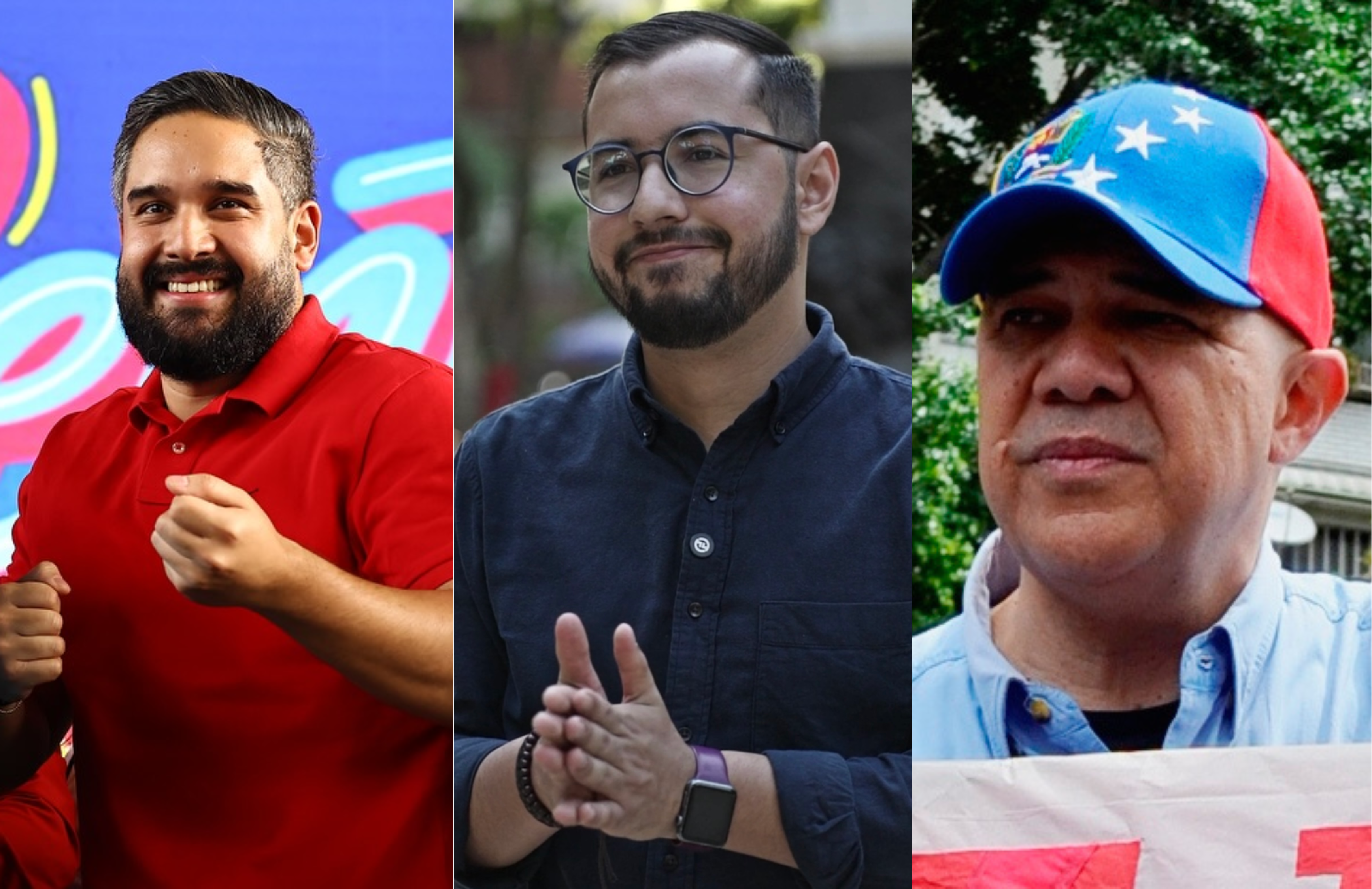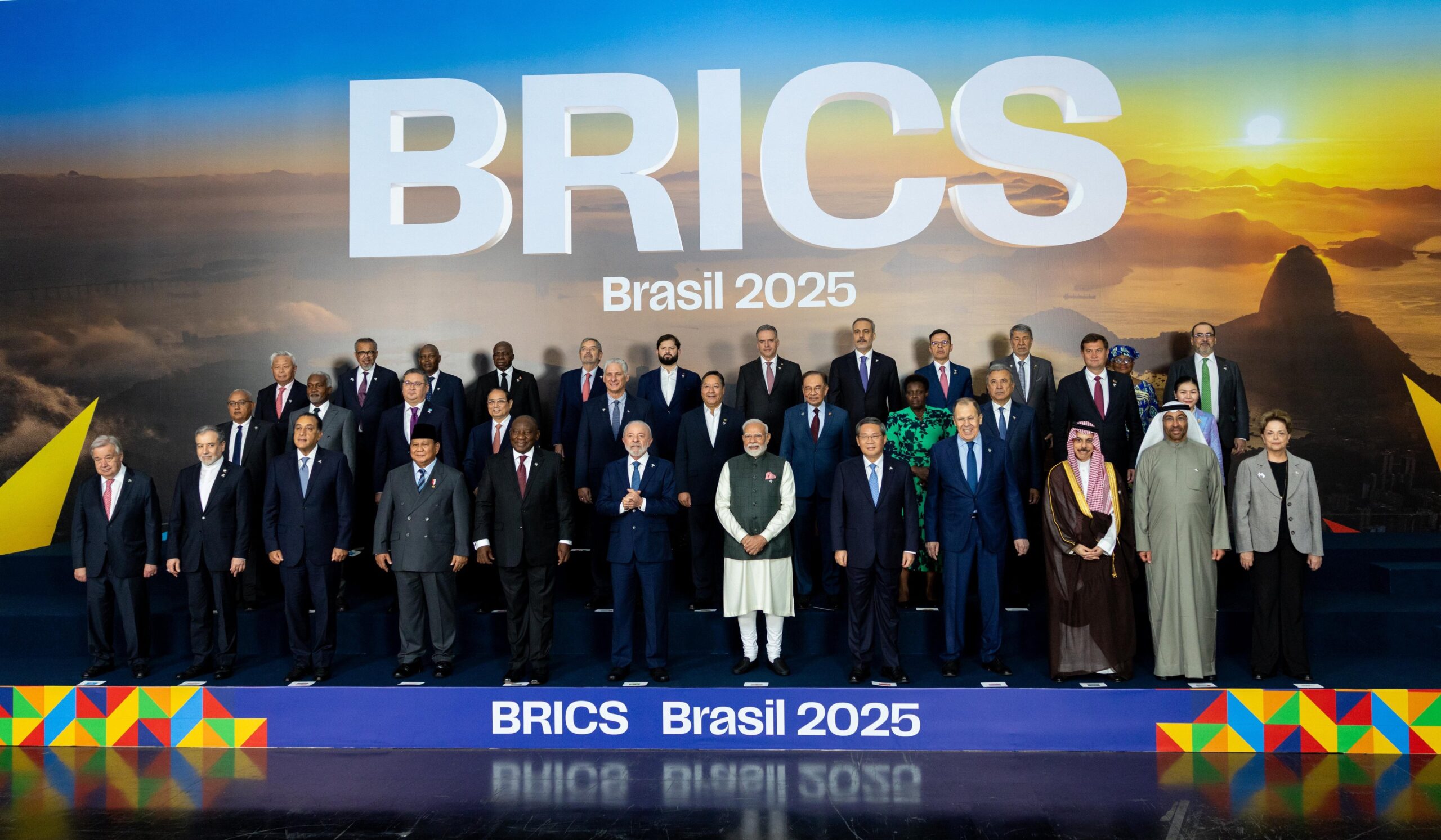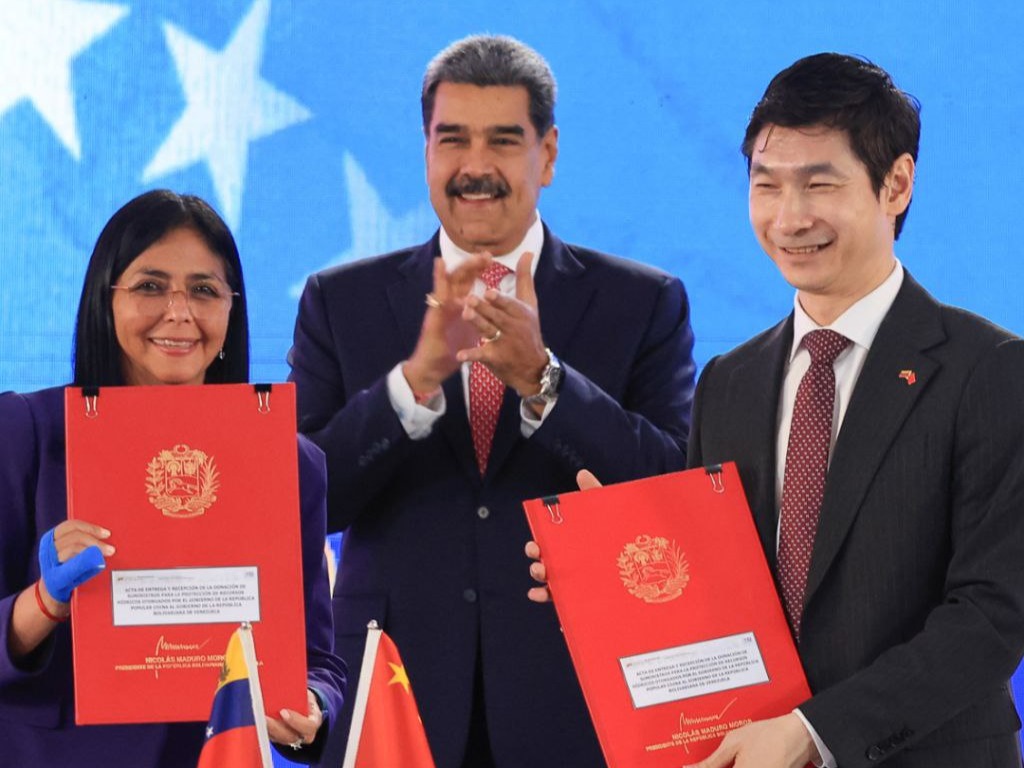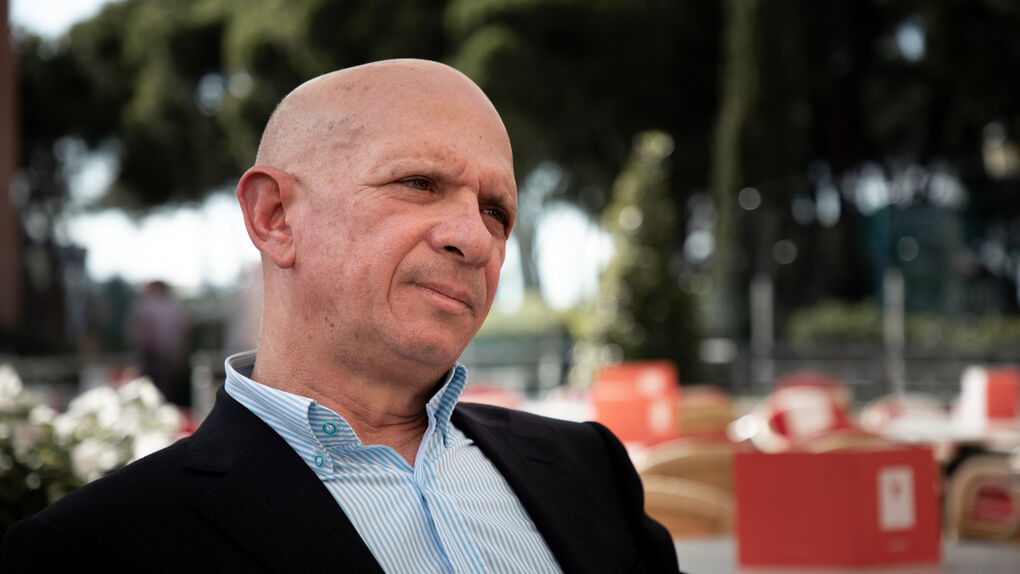Guacamaya, May 5, 2025. The Capital District, which occupies the western part of Caracas, is not electing a governor. However, on May 25, it will vote for 13 National Assembly representatives. In this article, we present the forces running and the names leading them in this district, as “first on the ballot”, in this highly atypical election.
This vote will be taking place with a National Electoral Council (CNE) with very poor credibility after the presidential election on July 28, and which called for an unusually short campaign. Several parties have complained that the schedule has not been respected and that important steps have not been taken. Meanwhile, the CNE website remains down, so the candidacies must be confirmed unofficially.
Despite all the problems, there remain a variety of options for election day. For this reason, at Guacamaya, we try to show who the candidates are and what we know about what they propose.
There are no definitive polls yet for the district, but it can be safely assumed that the ruling United Socialist Party of Venezuela (PSUV) will win the vast majority of the seats, thanks to a low turnout. One of the main battles could be between the emerging opposition of Antonio Ecarri’s Lápiz party and the traditional opposition of Manuel Rosales and Henrique Capriles.
For those unfamiliar with the city, the Capital District includes not only the presidential palace of Miraflores and the central government ministries, but also many of the working class areas of Caracas, such as Catia, 23 de Enero, and La Vega.
Nicolás Maduro Guerra, the president’s son

Nicolás Ernesto Maduro Guerra has been an elected deputy since 2021, but for the state of La Guaira. He previously participated in the National Constituent Assembly from 2017 to 2020. He is indeed the son of Nicolás Maduro Moros, President of the Republic.
This time, he is running as head or “first on the ballot” for Caracas, representing the Great Patriotic Pole—which includes the PSUV and the other satellite parties. His coalition is expected to win the largest number of deputies, especially as the opposition is forecasted to have an extremely low turnout. He will also have the most resources, relying on state institutions.
He has based his campaign on showing that the government is fixing the city, while using the slogan “gente que resuelve”, a common expression in Venezuela, which means “people who solve problems.” In his appearances, Maduro Guerra has repeatedly stated that he “cares” about the people of the district.
Jorge “El Gocho” Barragán, from Táchira to the Alianza del Lápiz

Jorge Barragán was a student leader at the Central University of Venezuela (UCV), the country’s largest and most prestigious academic institution, where he graduated in International Studies. He is running for the Alianza del Lápiz party, led by Antonio Ecarri. He would also be the youngest of the four candidates at 27 years old.
He is running for the National Assembly to propose political and economic reforms. He has already published campaign videos about changing the housing law. He claims there are 2 million vacant units and that landlords need to be given security to make rents more affordable.
He is originally from San Cristóbal, Táchira, and hence the nickname “El Gocho”—a colloquial term for Venezuelans from the Andean region. He has lived in the Capital District since enrolling in the UCV in 2017.
Although the Lápiz is an emerging party at the national level, it has a strong support base in the Capital District. In the 2021 local elections, it became the second largest force behind the PSUV, with nearly 96,000 votes, surpassing the Democratic Unity Roundtable (MUD) with 70,000 and three other candidates.
Barragán has also accused Nicolás Maduro Guerra of using state resources to campaign, for example by using institutional platforms to send text messages to local citizens.
Jesús “Chúo” Torrealba, presenter of “Radar de los Barrios”
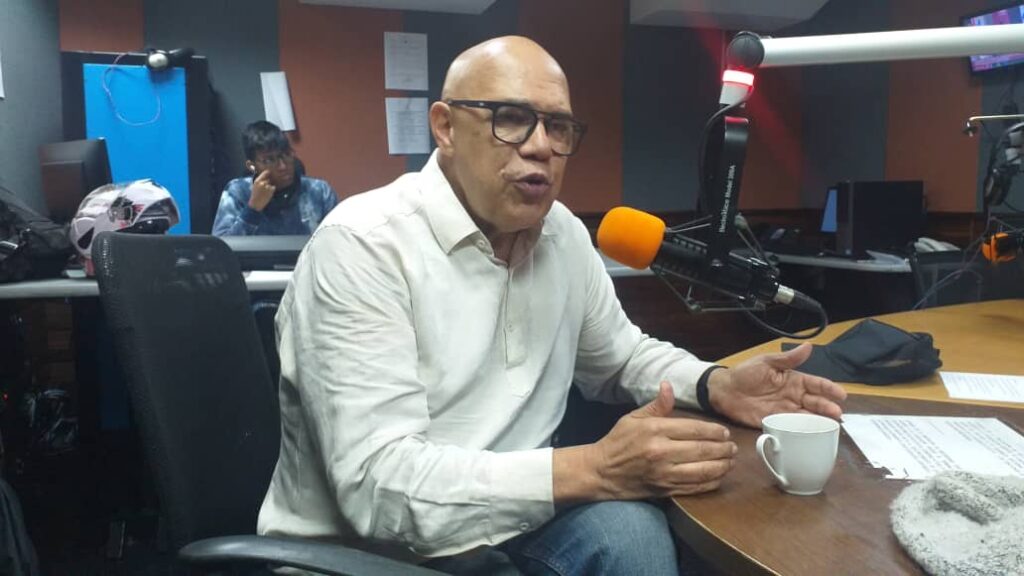
Jesús Torrealba is running for the alliance of Un Nuevo Tiempo (UNT) and Unión y Cambio (UNICA), the parties led by Manuel Rosales and Henrique Capriles, respectively.
His campaign is based on the idea that voting for UNT and UNICA is the way to reaffirm the desire for change expressed in the July 28 presidential elections. He has also expressed the need to have representatives who can take complaints to the government and build solutions from within parliament.
He is better known as Chúo Torrealba, as he hosted the show Radar de los Barrios, first on Radio Caracas Radio since 2005, and also on Globovisión from 2007 to 2013. The program was dedicated to explaining many of the problems and discontent that have existed in the working-class neighborhoods of western Caracas.
Torrealba was the executive secretary of the MUD (Democratic Unity Movement) from 2014 to 2017 and has participated in the opposition alliance as an independent since 2009. In his youth, he was a member of the Communist Party of Venezuela (PCV).
Myriam Do Nascimento, former mayor of El Hatillo

The Alianza Democrática (Democratic Alliance) is presenting a fourth candidate, although with a much lower chance of entering the National Assembly: Myriam Do Nascimento. She spent much of her political career in El Hatillo’s local government, beginning in 2003 as a councilor. She served as mayor of the municipality between 2008 and 2013.
Do Nascimento was a member of Acción Democrática (Democratic Action) and is currently the national political secretary of the government-intervened faction, known as the “ad hoc sector”, led by Bernabé Gutiérrez. She is thus running as “first on the ballot” for the entire Democratic Alliance, which includes several of the intervened parties.
Today, she is running a campaign based on the slogan “we all have to vote,” while trying to attract traditional Acción Democrática voters.

